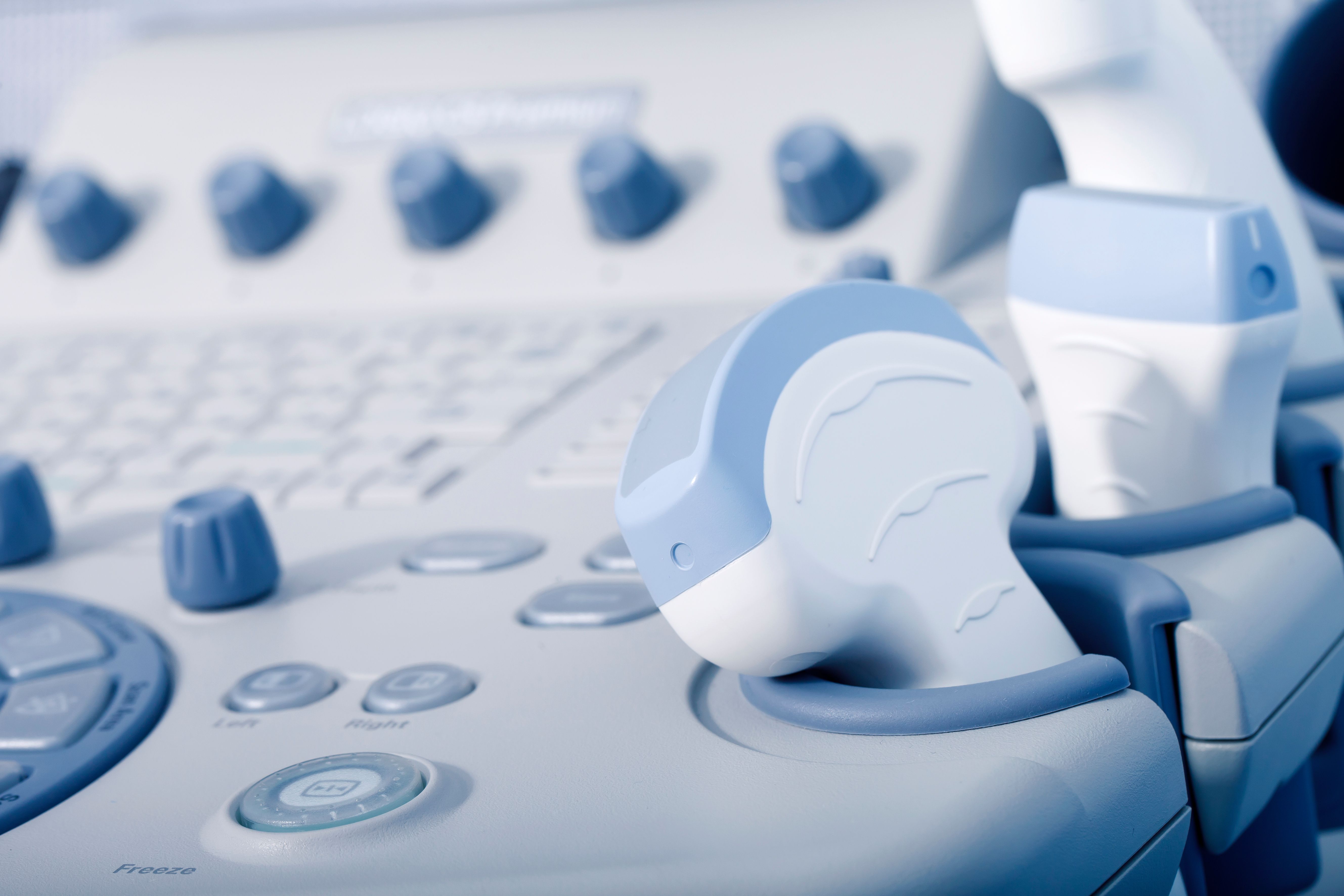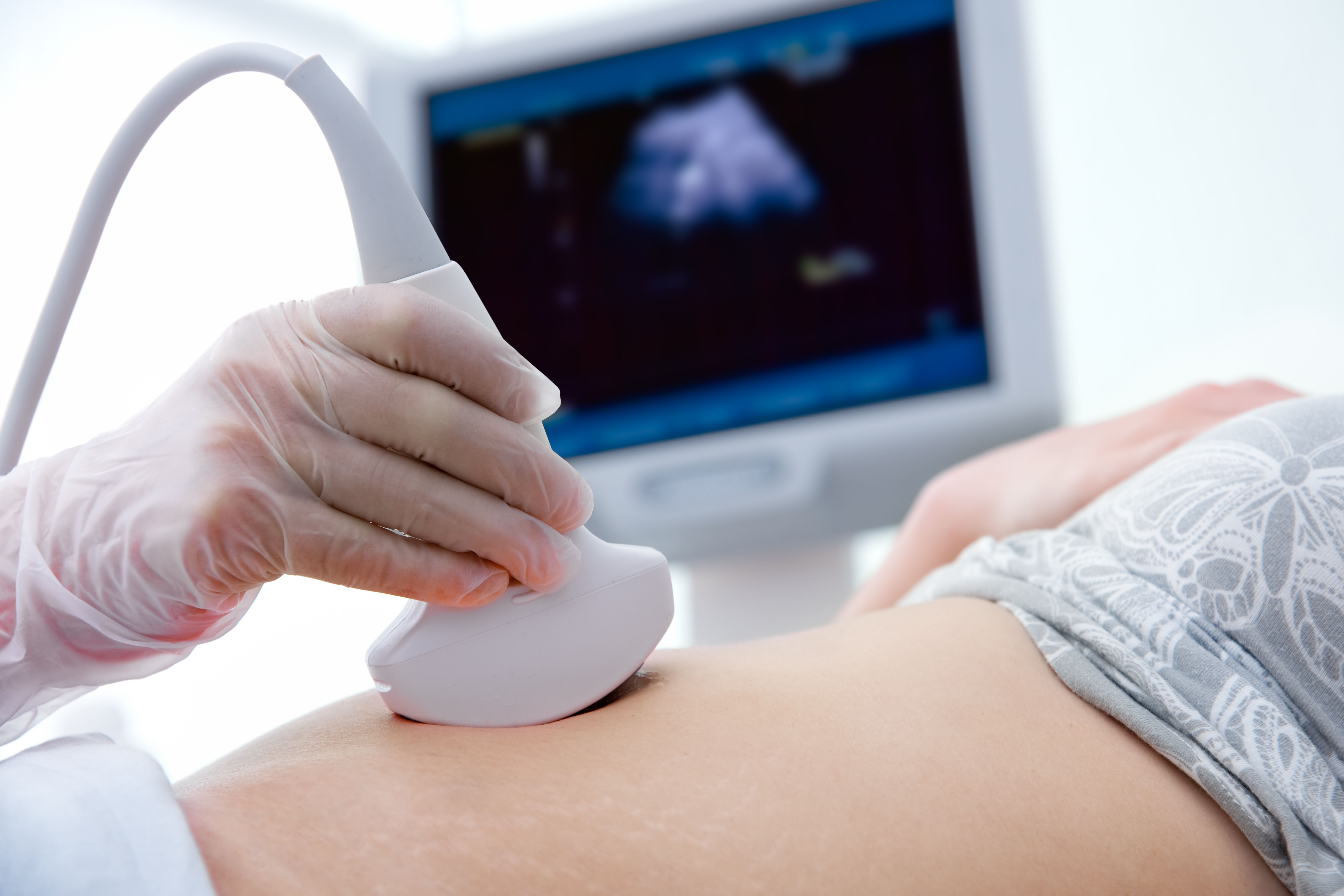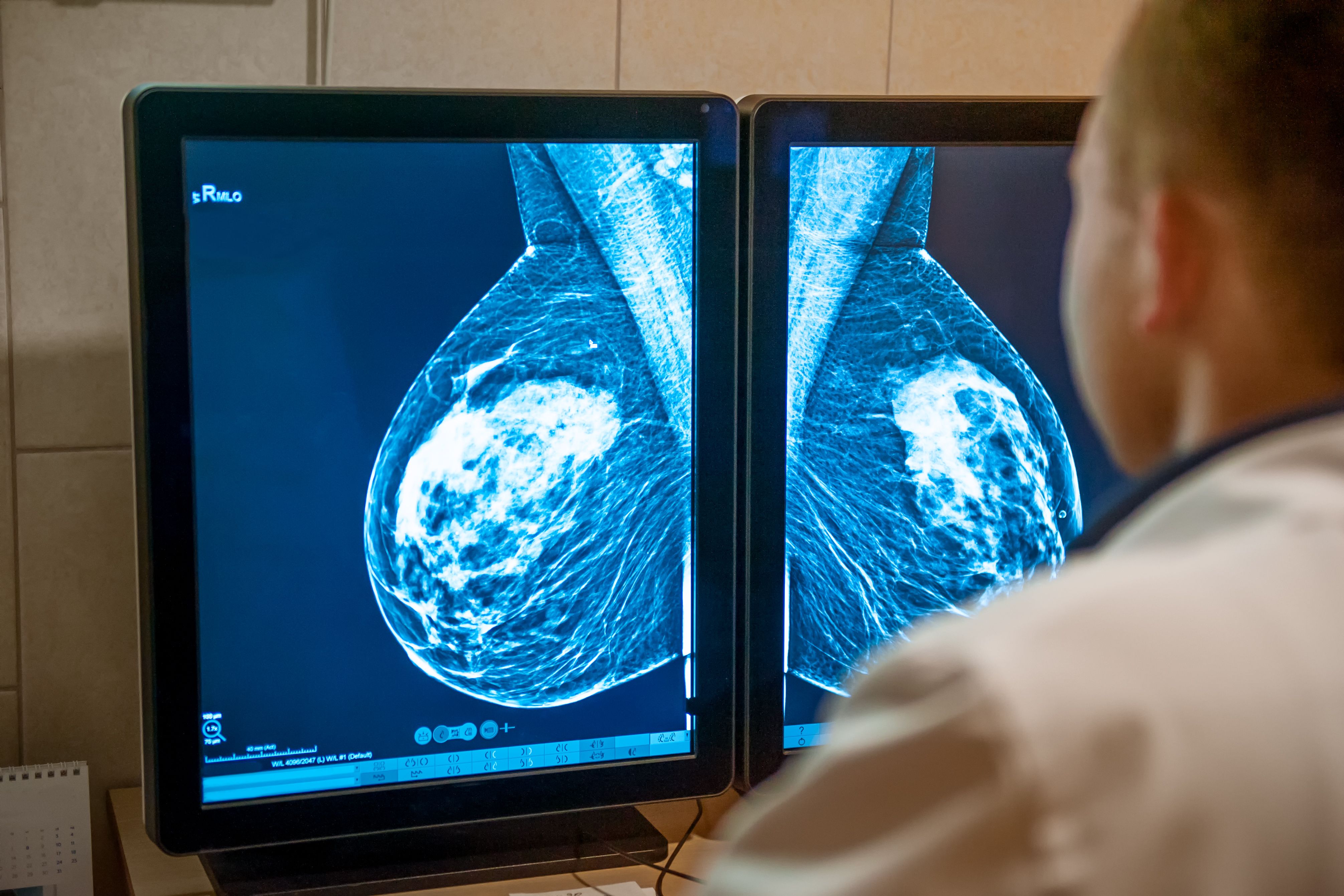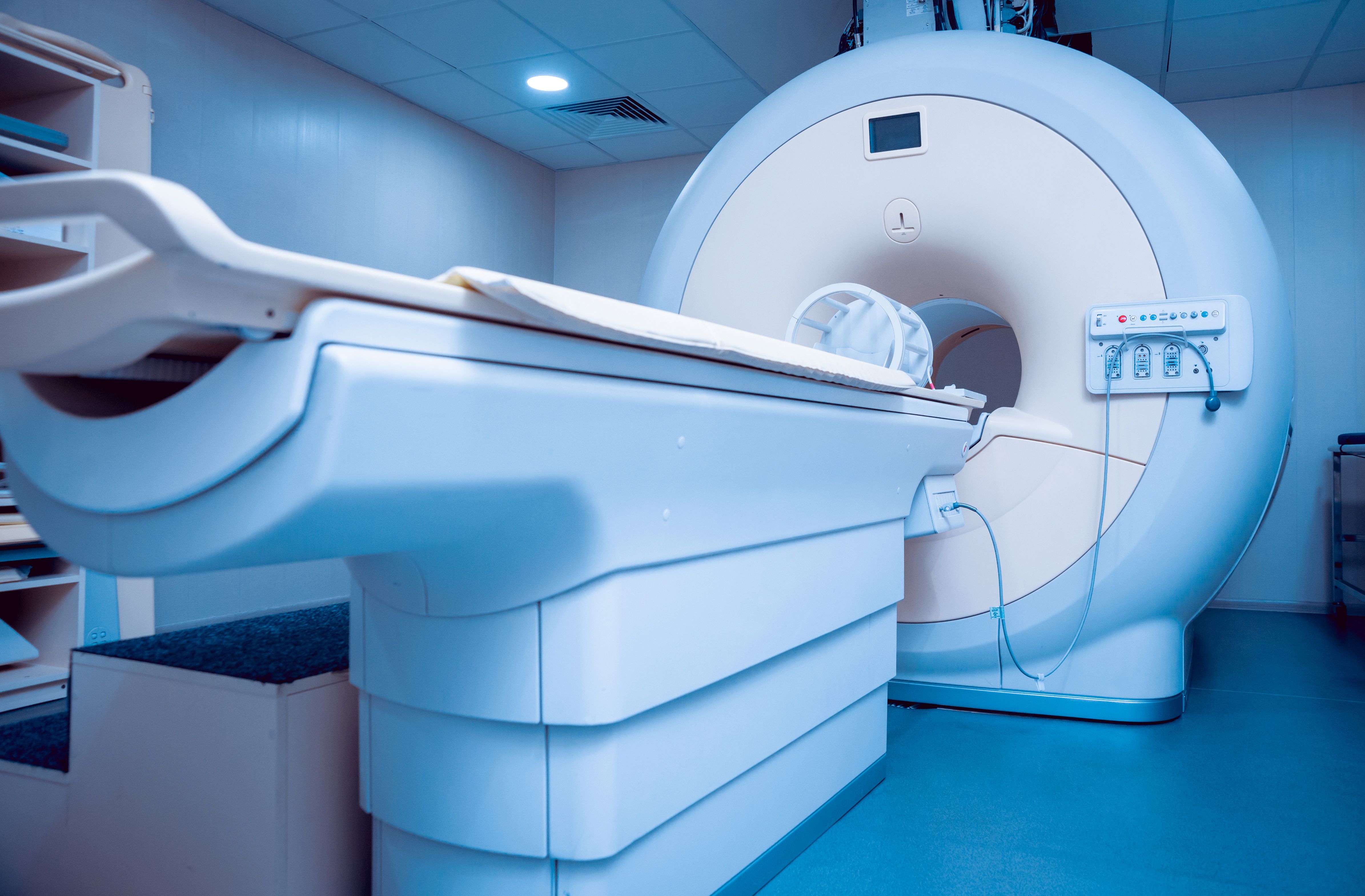
Imaging
Latest News
Latest Videos
Shorts

CME Content
More News
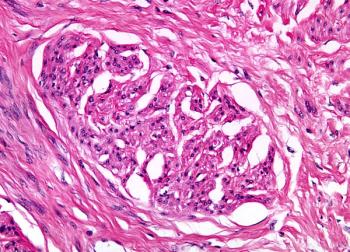
The American College of Obstetricians and Gynecologists (ACOG) recently published an updated committee opinion regarding morcellation of presumed uterine leiomyoma. Here are the key points.

“Opioids affect placental development and function in animal models, but human data on their association with ischemic placental disease are limited,” wrote the authors.
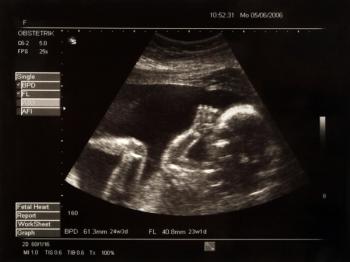
Despite the umbilical artery (UA) Doppler pulsatility index being used to detect elevated fetoplacental vascular resistance, the metric is confounded by variation in fetal cardiac function and is only moderately predictive of placental pathology.
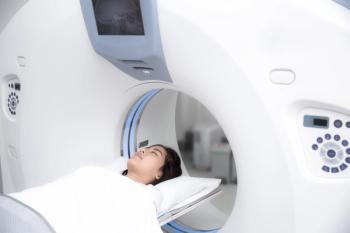
A Chinese study found that low‐dose computed tomography (LDCT) imaging is a viable alternative to standard dual‐energy X‐ray absorptiometry (DXA) scans for the opportunistic screening of osteoporosis.
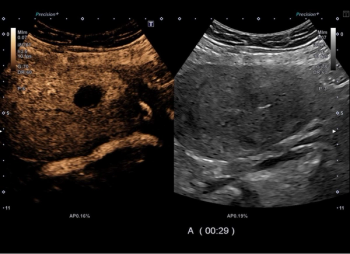
A prospective observational study in the Journal of Ultrasound in Medicine has concluded that for pretreatment evaluation of uterine fibroids (UF), transabdominal contrast-enhanced ultrasound (CEUS) represents a viable alternative to traditional contrast-enhanced magnetic resonance imaging (MRI).
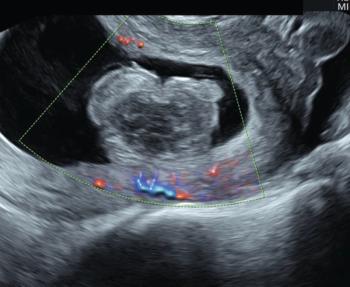
Ultrasound technology can be an indispensable tool for the management of suspected early pregnancy loss.

A new study by French investigators shows that adenomyosis confined to the outer myometrium is associated with primary infertility—but not more diffuse disease.
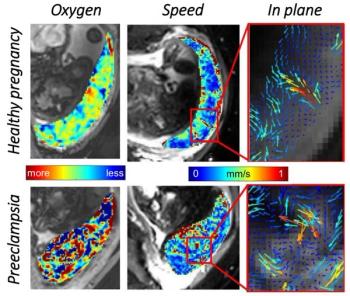
A new study offers important new insights into various placental functions and describes a new physiological phenomenon.

“There is a large osteoporosis treatment gap that has become a global crisis in the care of this disease,” said principal investigator E. Michael Lewiecki, MD."
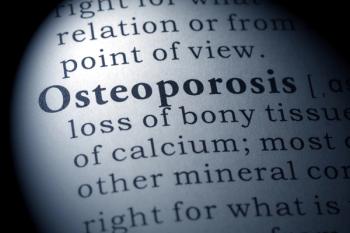
The diagnostic capability of diffusion-weighted magnetic resonance imaging (DWI) to assess vertebral marrow changes in postmenopausal women with osteoporosis has been confirmed by a prospective study published in La radiologia medica and it may be a safer alternative to DEXA.

A small study using neuroimaging explored a possible association between prenatal exposure to organophosphate pesticides (OPs) and deficits in certain brain functions in adolescents.
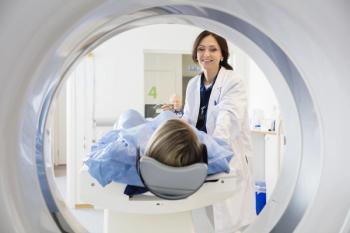
New data suggests that while imaging practice patterns have changed over the past 20 years, exposure in pregnancy may vary by a woman’s age and race.

Proper positioning, careful choice of probe, and leveraging of post-processing capabilities all can improve ultrasound quality in this patient population.

The amount of ionizing radiation conferred by an ordinary chest x-ray significantly increases the already high risk of breast cancer in young women with BRCA1/2 germline mutations, according to a recent international retrospective cohort study.


